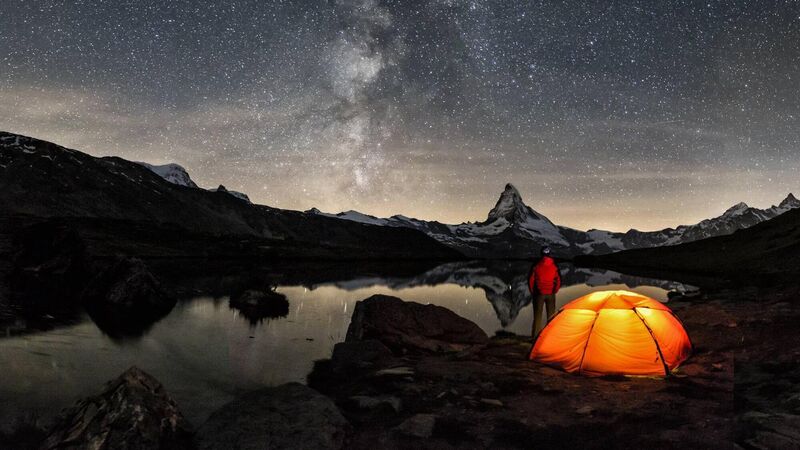The wonder of it all: Why awe is critical for our health and happiness

An illuminated tent under Milky Way at Matterhorn in Switzerland
Try from €1.50 / week
SUBSCRIBE
An illuminated tent under Milky Way at Matterhorn in Switzerland
When Dacher Keltner found himself sitting next to Steven Spielberg at dinner one evening, there was only one question he wanted to ask the legendary filmmaker.
Keltner, a psychology professor at the University of California, Berkeley, is an expert on the science of emotions and has spent his career exploring happiness and how we can achieve it — he believes that a key element of happiness is finding awe.
Already a subscriber? Sign in
You have reached your article limit.
Annual €130 €80
Best value
Monthly €12€6 / month
Introductory offers for new customers. Annual billed once for first year. Renews at €130. Monthly initial discount (first 3 months) billed monthly, then €12 a month. Ts&Cs apply.
CONNECT WITH US TODAY
Be the first to know the latest news and updates
Newsletter
The best food, health, entertainment and lifestyle content from the Irish Examiner, direct to your inbox.
Newsletter
The best food, health, entertainment and lifestyle content from the Irish Examiner, direct to your inbox.

Our team of experts are on hand to offer advice and answer your questions here
© Examiner Echo Group Limited